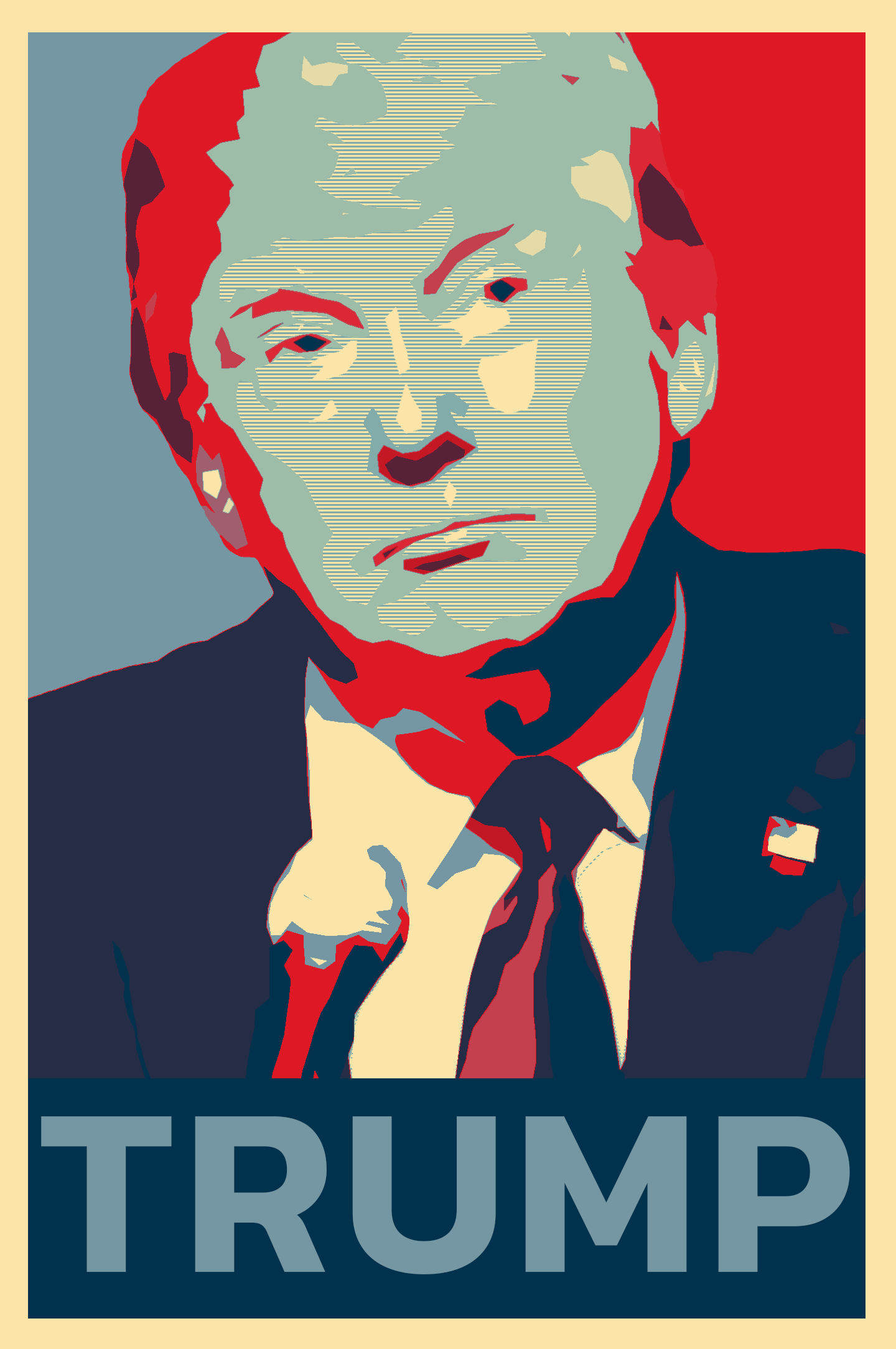SOM professors reflect on summits condemning Trump’s statements
Nearly a year after former President Donald Trump’s efforts to overturn the results of the 2020 presidential election, professors reflect on the corporate summits organized by professor Jeffrey Sonnenfeld.

Zoe Berg, Photo Editor
Following former President Donald Trump’s efforts to overturn the results of the 2020 presidential election, Yale School of Management professor Jeffrey Sonnenfeld gathered chief executives from top companies to condemn the president’s actions. One year later, SOM professors reflect on the outcomes of Sonnenfeld’s summits.
Sonnenfeld is the founder and president of the Chief Executive Leadership Institute, a nonprofit that focuses on developing leadership skills for business professionals. The institute holds six forums every year for CEOs of major companies: three in New York City, two in Washington, D.C. and one in New Haven. While these forums are typically planned far in advance, Sonnenfeld organized three Zoom calls on short notice in response to Trump’s various actions. On Nov. 6 he hosted a conference after Trump made claims the election had been stolen, a conference on Jan. 5 when Trump continued to stop the approval of the electoral college votes and another on Jan. 12 in response to the Capitol insurrection.
At the special conferences, more than 90 CEOs wrote a statement congratulating President Joe Biden and Vice President Kamala Harris and emphasizing the importance of a peaceful transfer of power led by the Trump administration.
“[The joint statement] was going to make more news and have a higher chance of changing someone’s mind,” said Andrew Metrick, professor at SOM and renowned financial economist in former President Barack Obama’s Council of Economic Advisors. “It also lowered the cost of each of the CEOs speaking out.”
According to Metrick, it was a rare occurrence for CEOs to speak out in this manner, as they prefer to stay out of political matters. This is because many of their stakeholders come from a variety of public backgrounds, and CEOs want to avoid losing support due to political changes, Metrick said.
Although some CEOs did not initially support Trump, they “thought he would be helpful on tax, regulatory, and trade issues,” Sonnenfeld wrote in an email to the News. Most major CEOs are Republican leaning and Trump implemented lower taxes and higher tariffs — standard Republican policies — that were helpful for big businesses. While these policies might have been economically beneficial, according to Metrick, his other policies, which led to the trade war and general instability — were terrible for business.
Dan Esty, professor of law, management and the environment, said he believes the executives’ advocacy is partially due to increased pressure to respond to social issues in recent times. According to Metrick, this social involvement also helps CEOs attract young talent to work at their companies.
Professor of management and political science Douglas Rae added that the CEOs did not significantly affect their companies’ performance by speaking out against Trump.
“The counties that [Trump] won in aggregately account for less than a quarter of national GDP,” Rae said.
He added that most of the CEOs who spoke out came from public companies, whose stocks are traded on the stock exchange. Rae said that CEOs of private companies were more able to support Trump and privately donate money to his campaign because they were not publicly traded and responsible to their shareholders.
While Trump’s term in the Oval Office ended on Jan. 20, Sonnenfeld said that the former president still remains a concern for many CEOs.
“ [CEOs] see [Trump] as a source of societal disharmony, managerial chaos, and global disdain with fear-inducing vindictive bullying -pushing for personal cult-like loyalty over national patriotism,” Sonnenfeld wrote in an email. “They would support virtually anyone of any party over Trump.”
Sonnenfeld founded the Chief Executive Leadership Institute in 1989.







